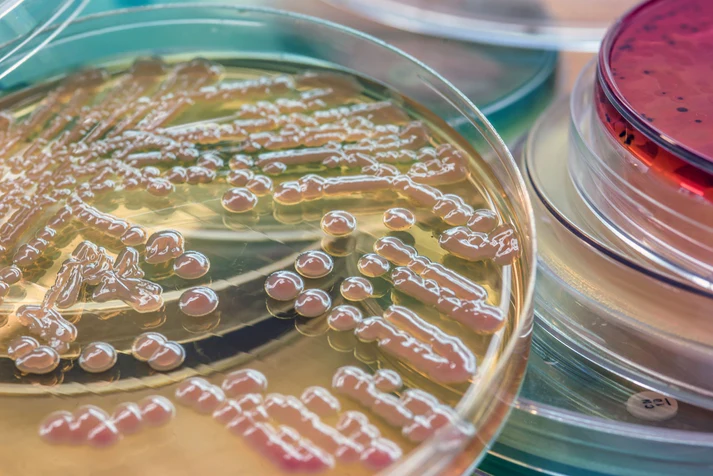
Circovirus in Racing Pigeons
Circovirus in Racing Pigeons: What Every Fancier Should Know
When it comes to racing pigeons, health is everything. A seemingly minor issue can impact not just the performance of one bird, but potentially your entire loft. One such silent threat is circovirus, a highly contagious disease that often targets young pigeons and weakens their immune systems. In this guide, we’ll dive deep into what circovirus is, how it spreads, what signs to watch for, and how you can protect your birds through proper loft management, prevention, and care.
What Is Circovirus?
Circovirus in pigeons is caused by a small DNA virus that primarily targets the lymphoid tissues—especially in young birds. This virus weakens the immune system, leaving pigeons highly vulnerable to secondary infections like E. coli, salmonella, trichomoniasis, and respiratory diseases.
Why It’s a Serious Concern:
-
It often goes undetected until symptoms from other infections appear.
-
Birds may not show signs until their immune systems are heavily compromised.
-
There is no direct treatment—only support and prevention.
How Does Circovirus Spread?
Circovirus spreads primarily through:
-
Droppings and dust from infected birds
-
Contaminated feed, water, or loft surfaces
-
Close contact in breeding lofts or transport baskets
The virus is incredibly resilient in the environment and can survive for long periods if proper loft hygiene isn’t maintained.
Symptoms of Circovirus in Pigeons
While the virus itself may not cause immediate symptoms, its immunosuppressive nature allows other infections to flourish. Here’s what to look out for:
-
Chronic weight loss
-
Fluffed-up feathers
-
Poor response to standard medications
-
Wet droppings (often from secondary E. coli infections)
-
Stunted growth in young birds
-
Sudden deaths in apparently healthy squabs
If you notice these signs—especially in your young birds—circovirus could be the underlying issue.
Diagnosing Circovirus
Veterinary diagnosis typically requires lab testing. Tissue samples from lymphoid organs or PCR testing can confirm the presence of circovirus. If you suspect a recurring pattern of poor health or unexplained losses among your young birds, consult an avian vet for testing.
Managing Circovirus: No Cure, Only Control
Unfortunately, there’s no antiviral medication to cure circovirus. The best approach involves strong supportive care and preventive measures:
1. Strengthen Immunity
-
Feed high-quality, nutrient-dense mixes rich in vitamins A, D, E, and B-complex.
-
Supplement with immune boosters such as oregano oil, garlic extract, or pigeon-specific products like Avio Immune Plus or PHP Avian Defense.
-
Add natural probiotics to the drinking water to promote gut health.
2. Reduce Stress in the Loft
-
Stress weakens the immune system further.
-
Avoid overcrowding.
-
Limit unnecessary handling of young birds.
-
Maintain consistent temperature and humidity in the loft.
3. Strict Loft Hygiene
-
Clean droppings daily.
-
Disinfect loft surfaces weekly with a virucidal disinfectant.
-
Isolate sick birds immediately.
4. Minimize Exposure Risks
-
Quarantine all new birds for a minimum of 3-4 weeks.
-
Avoid mixing birds from different lofts during transport or basketing.
-
Disinfect baskets and transport crates after every use.
Boosting Recovery from Secondary Infections
Because circovirus suppresses immunity, secondary infections are often what make birds sick. Treating these effectively can support long-term recovery:
-
E. coli or Salmonella: Use medications like Baytril (Enrofloxacin) or Doxycycline—always with a vet’s guidance.
-
Trichomoniasis (Canker): Treat with Spartrix, Emtryl, or Ridsol S.
-
Respiratory Infections: Consider combinations like Tylosin + Doxycycline or other broad-spectrum antibiotics if prescribed.
Feeding Strategies for Circovirus-Exposed Birds
When managing young birds exposed to circovirus, diet becomes critically important. Focus on:
-
Easily digestible grains like barley and wheat
-
Protein sources such as peas and vetch
-
Add supplements like PHP Breeding Boost or Jaap Koehoorn Recovery Superieur to speed up immune recovery
-
Fresh grit and minerals to support digestion and calcium absorption
Is Vaccination Possible?
Currently, there is no commercially available vaccine for circovirus in pigeons. However, researchers are actively working on this. Until then, focus on robust biosecurity, nutrition, and early detection.
Circovirus in the Breeding Loft
Circovirus can wreak havoc on your breeding plans. Squabs between 3–8 weeks are most vulnerable. Breeders should:
-
Ensure parent birds are in peak health before breeding
-
Boost hen immunity with vitamin E and selenium before laying
-
Maintain high-quality nest hygiene
-
Use breeding supplements such as PHP Breeding Boost to support squab development
Long-Term Loft Strategy: Prevention Over Cure
Once circovirus enters your loft, it’s difficult to eradicate completely. That’s why prevention is the strongest tool in your pigeon care arsenal. A long-term strategy should include:
* Annual health screenings
* Loft disinfection schedule
* Regular supplementation (especially during molt and breeding)
* Observation of droppings, appetite, and behavior
* Avoiding exposure to untested or unknown pigeons
Final Thoughts: Stay Vigilant, Stay Proactive
Circovirus may not always be visible, but its impact is very real—especially on young racing pigeons. As a fancier, your best defense is vigilance. Invest in hygiene, quality nutrition, and early intervention. With the right care, even birds exposed to circovirus can live productive, healthy lives.
Circovirus Prevention & Management Checklist for Racing Pigeons
🔒 Biosecurity & Loft Management
-
Quarantine new birds for at least 3–4 weeks
-
Clean loft daily; disinfect weekly with a virucidal cleaner
-
Disinfect baskets and transport crates after every use
-
Limit access to your loft by other fanciers or birds
-
Avoid overcrowding—ensure adequate space per bird
-
Maintain stable loft temperature and humidity, especially in winter
-
Use loft socks or boots to prevent spreading pathogens
🧬 Immune Support & Nutrition
-
Provide a high-quality, nutrient-dense grain mix
-
Include vitamin and mineral supplements, especially A, D, E, and B-complex
-
Use probiotics at least 2x per week to support gut health
-
Supplement with natural immune boosters like garlic, oregano, or pigeon-specific blends
-
Provide grit and minerals daily for digestion and calcium support
🐣 Breeding & Young Bird Management
-
Only breed from strong, healthy parent stock
-
Boost hens with vitamin E + selenium before pairing
-
Clean nest bowls frequently—replace bedding regularly
-
Observe squabs daily for signs of stunted growth or fluffed feathers
-
Weigh young birds weekly to track development
🧪 Monitoring & Early Detection
-
Observe droppings daily for abnormal color or consistency
-
Watch for chronic fluffing, weight loss, or lethargy
-
Note birds that don’t respond to standard treatments
-
Get lab testing if you suspect recurrent secondary infections
-
Keep a pigeon health logbook for symptoms and treatments
💊 Secondary Infection Support (when advised by vet)
-
Use antibiotics responsibly for confirmed bacterial infections
-
Treat canker outbreaks with Spartrix, Ridsol S, or equivalent
-
Provide respiratory support when symptoms appear
-
Follow up with vitamin and probiotic recovery after medication
“Until Next tine Keep Them Healthy And Flying”

